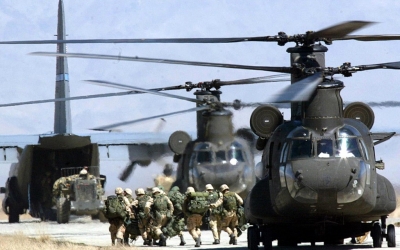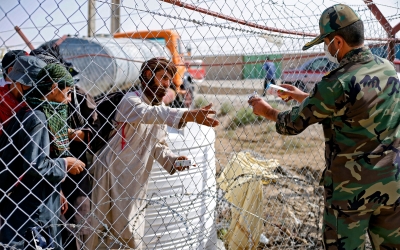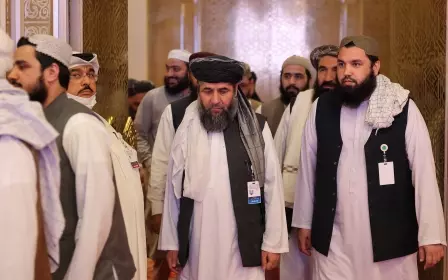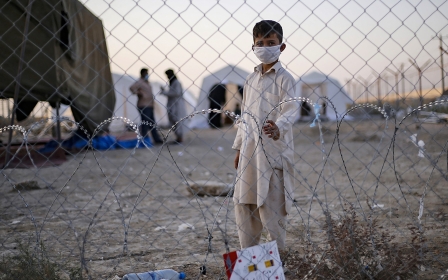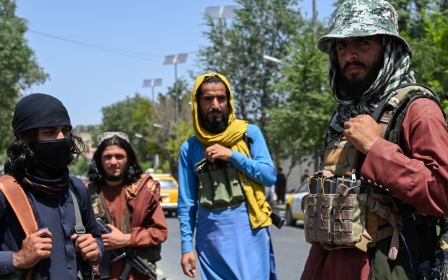Afghanistan: Iran exports fuel following Taliban request
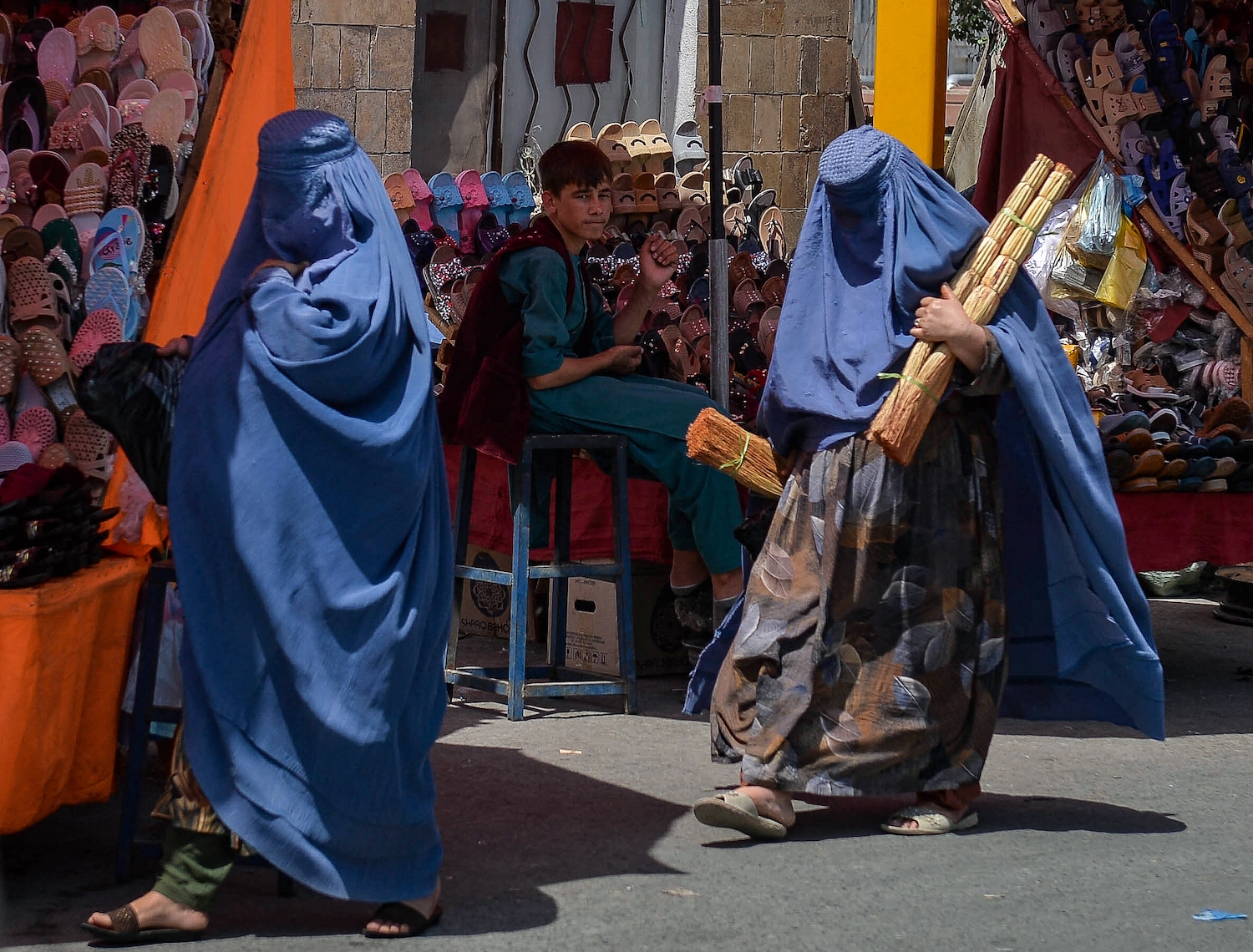
Iran restarted exports of petrol and gas oil to Afghanistan a few days ago, following a request from the Taliban, an exporters' union official said.
"The Taliban sent messages to Iran saying 'you can continue the exports of petroleum products'," Hamid Hosseini, board member and spokesperson at Iran's Oil, Gas and Petrochemical Products Exporters' Union in Tehran, told Reuters on Monday.
'The Taliban sent messages to Iran saying "you can continue the exports of petroleum products"'
- Hamid Hosseini, Iran's Oil, Gas and Petrochemical Products Exporters' Union
Hosseini said Iranian exports began a few days ago, after the Taliban cut tariffs on imports of fuel from Iran up to 70 per cent, showing an official document from Afghan Customs organisation.
However some Iranian traders had been cautious due to security concerns, Hosseini admitted.
The main Iranian exports to Afghanistan are gasoline and gas oil. Iran exported about 400,000 tonnes of fuel to its neighbour from May 2020 to May 2021, according to a report published by PetroView, an Iranian oil and gas research and consultancy platform.
New MEE newsletter: Jerusalem Dispatch
Sign up to get the latest insights and analysis on Israel-Palestine, alongside Turkey Unpacked and other MEE newsletters
Panic drives up prices
The Taliban returned to power in Afghanistan last week as the United States and its allies withdrew troops after a 20-year war.
Around the same time, the price of gasoline soared to $900 per tonne as many panicked Afghans drove out of cities, fearing reprisals and a return to a harsh version of Islamic law the Taliban imposed when in power two decades ago.
To counter the price spike, the new Taliban government asked Iran to keep the borders open for traders.
On Monday, the Taliban appointed an acting head of the Afghanistan central bank to "address the economic issues facing the population", a statement from Taliban spokesman Zabihullah Mujahid said.
Haji Mohammad Idris was named as acting governor of the central bank to help bring order to a war-crippled economy, which has been adrift for more than a week with banks closed and many government offices empty.
The appointment comes amid increasingly acute economic problems with government workers unpaid, many businesses closed and growing pressure on prices of staple goods including food and household fuel.
With many senior officials and others associated with the Western-backed government in hiding or exile, the Taliban have been trying to persuade specialists and technical experts to return to work to get the economy working again.
A senior Taliban official said Idris, from the northern province of Jawzjan, had long experience working on financial issues with the previous leader of the movement, Mullah Akhtar Mansour, who was killed in a drone strike in 2016.
While he had no public profile outside the movement and no formal financial training or higher education, he was head of the movement's finance section and respected for his expertise, a senior Taliban leader said.
Tehran 'on edge'
Iran has been anxious about the ongoing situation in Afghanistan. A few months ago, as a precautionary measure, it initiated diplomatic contact with the Taliban in an attempt to get it to halt its military campaign against government forces and not drag the country into a civil war.
Iran, along with another regional power Russia, focused their efforts on bringing the Taliban and Afghan government to the negotiating table in order to form a new coalition government. However, the Taliban’s determination to conquer the country by force has rendered these attempts futile.
Iran’s foreign ministry on Monday called on “all parties” in Afghanistan to refrain from using violence and said Tehran supports the establishment of an "inclusive" government in Kabul.
"All groups and political parties [in Afghanistan] must refrain from using force and proceed using negotiation and talks," ministry spokesman Saeed Khatibzadeh told reporters at a televised press conference in Tehran.
Iran "is in constant communication with all political sides in Afghanistan" and "supports the peaceful transition of power to an inclusive government," he added, stressing that "the crisis has no military solution”.
Analysts say that while the Taliban's advances have put neighbouring Iran on edge, the majority Shia Islamic republic is taking a pragmatic stance on the hardline Sunni group's resurgence.
The last time the Taliban was in control of Kabul, before 9/11 and the 2001 US invasion, the group was a fierce enemy of Iran.
But things have changed in recent years, and Tehran now has no intention of letting longstanding agreements with the Taliban be undermined, particularly now that the group has seized complete control of Afghanistan and is preparing to reset relations across the region.
And though the Taliban’s true intentions towards Afghanistan's Shia remains to be seen, Iran is sending its allies the message that the persecutions of yesteryear will not be repeated – at least for now.
Iran has stressed in recent months that the Taliban must be "part of a future solution" in Afghanistan.
Middle East Eye delivers independent and unrivalled coverage and analysis of the Middle East, North Africa and beyond. To learn more about republishing this content and the associated fees, please fill out this form. More about MEE can be found here.


